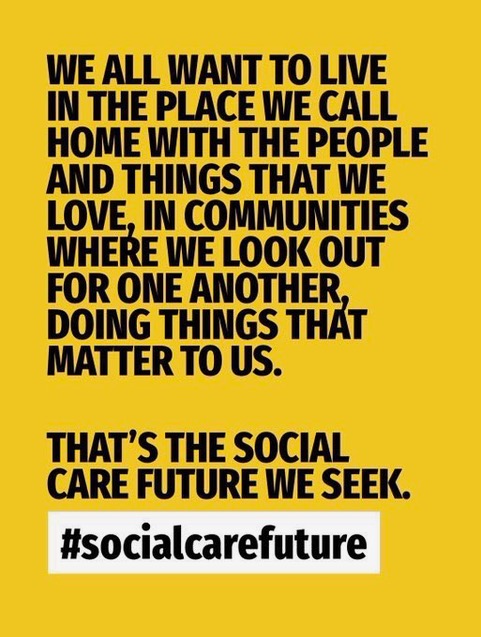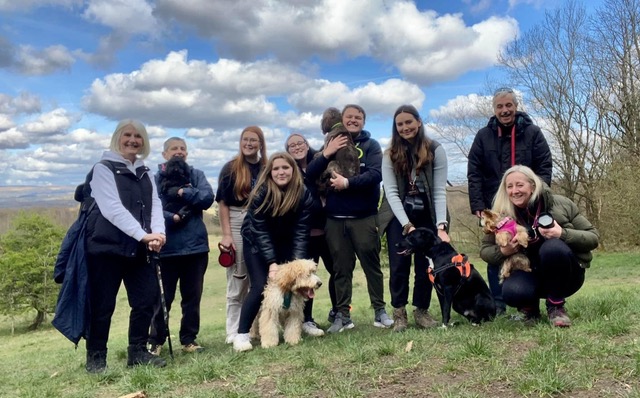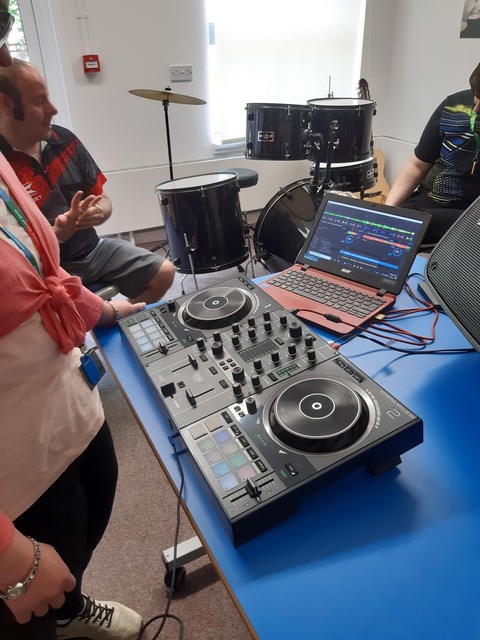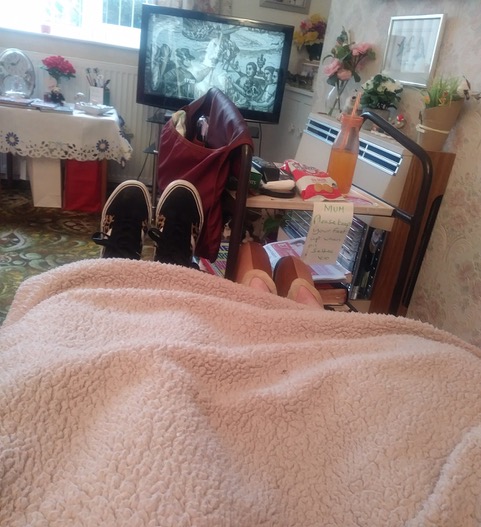Over the next few weeks, we want to share with you how Circles are working in other Countries. We want to learn from them how we can help Circles to be developed at scale here.
 Several of the UK initiatives refer to their basis in a Canadian Circle of Support Model developed at the Plan Institute for Caring Citizenship which was originally founded to support families of disabled people plan for the future.
Several of the UK initiatives refer to their basis in a Canadian Circle of Support Model developed at the Plan Institute for Caring Citizenship which was originally founded to support families of disabled people plan for the future.
Other UK Circles developments particularly for disabled people and people with learning disabilities refer to other social network development projects by the Inclusion Network, based in Toronto.
How do we consider who to invite to a Circle?
So often, people who are interested in a Circle will say “I wouldn’t know who to invite or where to begin.”
The Family Service Toronto describes their approach to creating and sustaining Circles of Support which describes concentric circles, starting with intimacy in the centre and then moving though friendship, participation and economic exchange:
-
Think of those closest to your heart; those you can hardly imagine living without. Identify them in the circle closest to you, the circle of intimacy.
-
Think of those you count as true friends; those who hold an important part of your personal story; those you can call on and count on; those who can call on and count on you. Identify them in the circle of friendship.
-
Think of those you meet – or have met – because you belong to a particular association, or work in a specific place, or live in a particular neighbourhood. You share some time or activity or interest. You might call or be called on for engagement in projects related to your shared association or interest or for information or for connections to others. Identify them in the circle of participation.
-
Thinkof those you count on because they provide a paid service to you. Identify them in the circle of economic exchange.”
This 2003 Toronto Star article via Family Service Toronto illustrates the challenges of supporting disabled people to live independently, including building and sustaining Circles of Support. In the article, Judith Snow, who lives independently with a Circle of Support, has outlined the following learning points:
- Don’t wait for a crisis like a blackout; build Circles for life.
- The biggest struggle is inviting people into your life. People are embarrassed because we live in a culture that doesn’t accept different abilities. Get over it. Often people you’d least expect it from say they are honoured to have been asked.
- Remember, you know more people than you think.
- A family may think that a teenager who doesn’t speak, can’t connect to the community. But if you follow him for a day, you’ll see he’s a regular at a local burger chain, where they know he likes gravy on his fries. Try building on that connection.
- Your Circle may contain a mix of family, friends, community people and people in health care services.
- Celebrate people for who they are. That means connecting by recognising strengths and building on them. For example, more than 80 per cent of those who know people with Down’s Syndrome say they have the ability to make other people happy. Think of turning that into a job, like welcoming visitors to a community
- Bring everyone in your Circle together so they can get to know each other. That helps empower them.
- Learn how to ask for what you really want, not what you think you can
- Challenge and stretch. Circles aren’t about being nice, but about helping
- people thrive and survive.
- Take the time to build trust.
- Prepare people for disappointment. Not everyone you approach will follow through. Your Circle may expand and contract. At different times people can have as many as 50 and as few as five in their Circle.
- If at first you don’t succeed try and try again.
- Don’t be afraid to give voice to dreams.
How can you help Community Circles to look at how we can develop Circles at Scale?
There are many ways you can engage with Community Circles
- You can follow Community Circles on Twitter @C_Circles.
- You can subscribe to our blog and share with your colleagues
- You can follow our Facebook Page
We would love to hear from you with your top tips on facilitating a Circle, creating a Circle or the benefit that Circles have made to you or how being part of a Circle has worked for you.
Also let us know the questions you have heard being asked about Circles so we can produce “Frequently Asked Questions” to help Circles to evolve.






